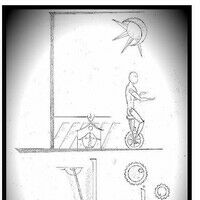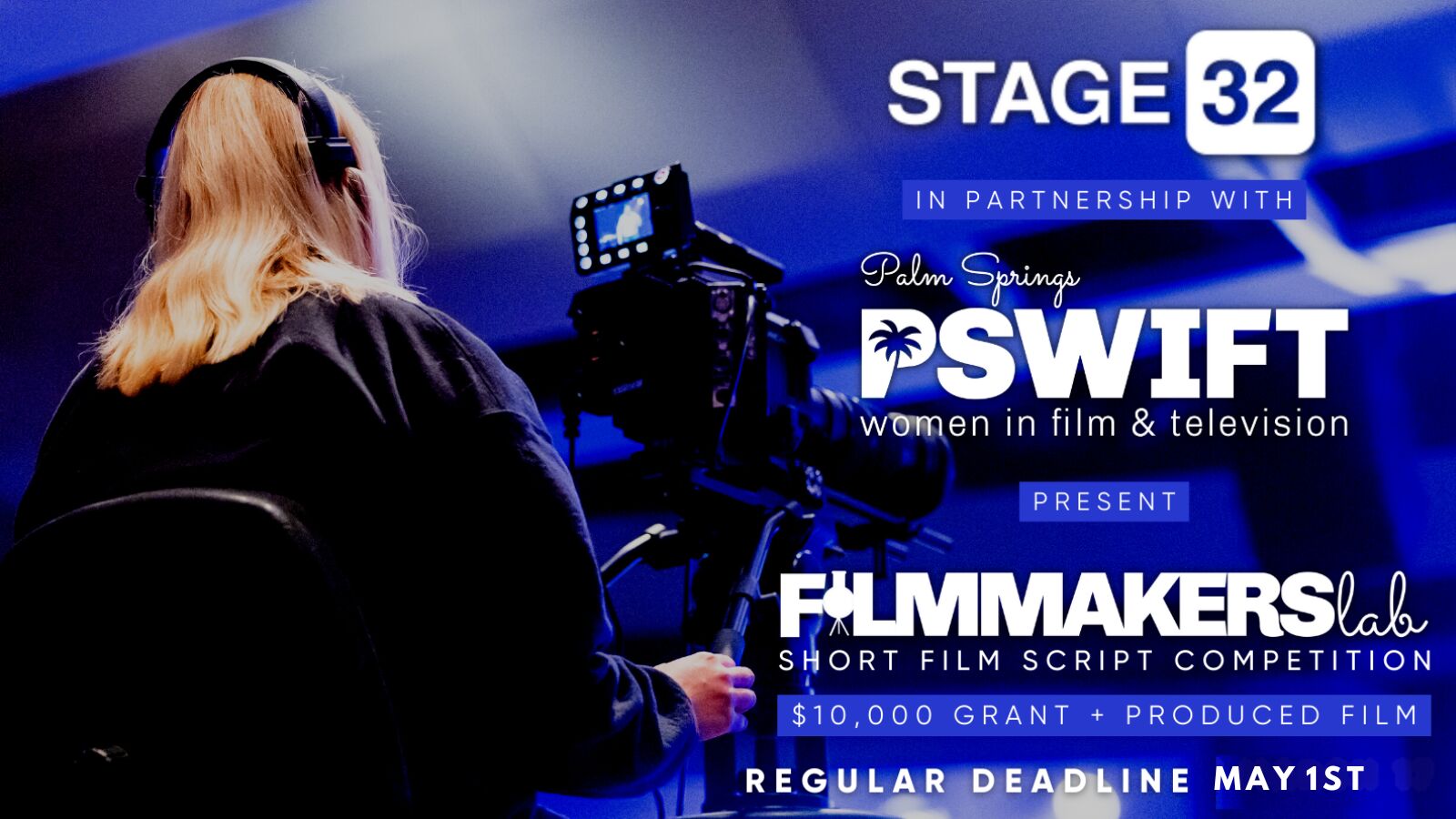When writing a play do you start off with player and his or her dilemma, or the question of the play and envision the world-stage of the play. How do you begin the play itself? It always starts with some cord struck in me, the irony of Man and the world. But once the thought and the ideas is brewing away in my skull and the players their parts working out their particular curiosities the 'World-stage' comes into mind. I then design the 'World-stage' or at least the layout, imagining and thinking out how it would work out on a live stage, so that I know that it feasible within reason. The Stage is not like movie set where you can use computers and the latest tricks of technology to create some fantastic special effect that defies the laws of nature and all of reality. On the Stage, you work in real time and or bound by the laws of physics armed with innovation and human ability to create the desired scene that adds that touch of flavor of attitude, or reflect some alter sense of reality. You can make suggestions,of imagery, but then you have to allow the audience to impose their own translation of what 'they think you intended'. So the question is, do you as a playwright at least draw out a basic concept of what the 'World-stage' of the players is, and allow them and their reality bounce off the world that you have created, or do you just offer a general description, 'A room with a table and chair.' and leave it at that? What would be some of your approach when writing a play? Gavion E. Chandler~ 'Man is his own devil.'



1 person likes this
Irony is perhaps the best way to tell reality; but don't you think 'sadness' is becoming a taboo in the fun-obsessed entertainment industry?
1 person likes this
Ana I think it is a pendulum effect.... either the entertainment industry tries to appease and make a happy-feel-good movie, or play, or it tries to shock the hell out of you. Reality, Man and an honest inquiry and the truth of Man is avoided because it makes the onlookers uncomfortable, because you put their sense of humanity in check. They are looking for the paycheck, one to let them forget the world and escape to wonderland, or in graphic horror, to scare them senseless, so then the world doesn't seem so bad after all. 'To try not to offend, or to offend' seems to be the parallel universes of entertainment to maximize profit margins. Yes this is a generalization, but the arts deals in attitudes not specifics. Gavion E. Chandler~ 'Man is his own devil.'
2 people like this
And perhaps this dominant attitude in the industry is creating an intellectual segregation. Ideas are banned,. excessive sensations are rewarded. Human destruction is encouraged; even sensuality takes a form of aggression. But all this will change. Man can be both, his own poet or his own devil Ana Ingham
I love the that... 'Man can be both, his own poet or his own devil' I agree, with your statement whole-heartedly, a man ruled by his passions with no thought for the pleasure and glory of those passions are blind to reason and justice. They come to serve as a warhorse with blinders on, knowing only a means to an end, and not knowing why he or she comes to serve or act., and falls in line with the masses. Gavion E> Chndler~ 'Man is his own devil'
2 people like this
When the budget is into tens of millions, movie executives are terrified of any new idea. Their job is to minimise risk while the task of the poet and storyteller is often to maximise risk. They firmly believe that big and spectacular is the only way to make profit. And so they give us all the new toys of film-making, they create spectacular but often soulless imagery. We're currently seduced by technology with only the budget to limit what can be shown. But the human imagination doesn't work that way. It loves to peer into the dark or wonder what is happening just off screen. . and these are the places where the soul thrives and poetry exists. Hopefully we'll get past our obsession with 3D epic battles and immersion sound and return to authentic storytelling (ie tales of what it means to be human). We'll always need our Gods and demons and fairies but CGI has unleashed them as if Pandora's Box is jemmied open; we're invaded, swamped and we've forgotten the essential elements of telling a story (such as suspense and tension).
David I could not have put better myself. wonderfully stated. That is why I love theatre,exactly because of that... you are confronted with your own humanity and all the knitty-gritty, those little things that we would rather forget about, or pretend that it's not really that bad of a thing... not really.
conflict is a necessity for any form of play, film, or television. It is what drives the story, without it any plot treads water..
the difference between setting in a play and place on the opening page is that setting describes exactly what the audience see on stage and place describes locatio....a small industrial city in Ohio....setting: an apartment living room, somewhat aged and cluttered
Good question. For me, story (which is mostly conflict) remains my focus throughout the writing. I describe what appears on stage only to the extent necessary to tell the story clearly and incisively.
Another big difference is a playwright always maintains control over his writing - nothing changes without his/her permission, whereas a screenwriter loses his/her control the minute the script is sold to a studio and the rights are signed away.
I thought that the play was subject to the director's artistic interpretation, that he or she could cut a scene and bring a different angle of approach within reason of course.
plays are under copy write. A director cannot change lines or words,
Marla is correct. The director may wish to interpret the written word, but he or she cannot change anything without the writer's permission.
Better not tell the writer or Samuel French about this! No matter how 'practical' the reason, it is still a no-no.
You would know better than I, but I assume the license you have to sign with Samuel French to obtain the rights to perform a play contains language that says nothing maybe changed without the author's permission. The only time I ran into this was assisting a local HS production and when I suggested a possible edit, I was informed by the drama teacher that it could not be done unless we received permission. I guess she is someone who played by the rules... pun intended.
1 person likes this
Tell em what you're gonna tell em. Then tell em. Then tell em what you told em. It worked for Shakespeare.
I usually start with a single character, write an inner monologue, (usually never used in the play), but it gets me cooking.
Working on a comedy right now, situation, setting and characters, put them together and see what happens, run with it
Thanks Marla those are interesting approaches.